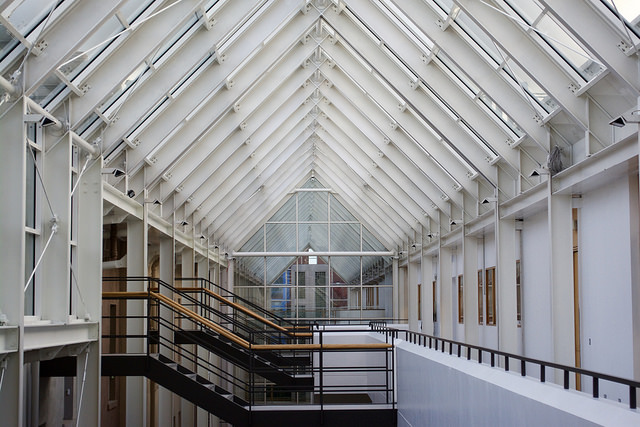A group of 48 world-class universities and research institutes, which numbers Trinity among its membership, has received the largest-ever grant to develop better therapies for autism.
The €115 million grant was awarded by the Innovative Medicines Initiative, with funding coming from a combination of donations by autism charities, pharmaceutical companies and EU funding.
The funding has been distributed to a research consortium, which includes 48 universities and research institutions, industry partners and autism charities and is led by the Institute of Psychiatry, Psychology & Neuroscience at King’s College London.
The project will bring together autistic people and their families, academic institutions, charities and pharmaceutical companies to study autism and provide a way to develop and test new therapies. The consortium will also focus on why some autistic people develop additional health problems that severely impact both quality and length of life.
Researchers at Trinity will contribute to the advancement of more personal approaches to therapies for Autism Spectrum Disorder, building on ongoing research investigating rare genetic changes that are associated with autism symptoms.
The pioneering research will benefit from a series of pan-European clinical trials.
In a press statement, the Professor of Child and Adolescent Psychiatry in Trinity, Louise Gallagher, said: “I am delighted that we are participating in the world’s largest autism funding award which will further advance our understanding of autism and help develop new therapies to improve health outcomes and quality of life for autistic people.”
“Our inclusion in this programme recognises the strength of autism research in Ireland and the contribution that Irish autistic people, their families and advocates, researchers and Irish funding agencies have made to autism research over the years.”
In a press statement, Prof Declan Murphy, the project’s academic lead and Director of the Sackler Institute for Translational Neurodevelopment at the Institute of Psychiatry, Psychology & Neuroscience said: “Many autistic people face extremely poor health outcomes, yet autism research receives far less investment than other conditions which also limit life expectancy and quality of life, such as cancer or dementia. This grant will allow us to bridge the gap between basic biology and the clinic by offering personalised approaches that address problems which really impact autistic people’s lives.”
More than 1 in 100 people are autistic. Many autistic people struggle with conditions such as epilepsy, anxiety and depression, and life expectancy for autistic people can be reduced by up to 30 years. However, the causes of autism and its associated difficulties remain largely unknown and there are very few effective and autism-appropriate therapies.
In a press statement, Dr James Cusack, the Director of Science at Autistica, a UK charity supporting the research, said: “Autistic people deserve an equal right to a long, healthy happy life. To deliver on that vision, we’re working together to understand why autistic people are different from each other.”
This is the latest in a long line of funding successes for Trinity, which currently ranks first in Ireland for money received from the EU’s Horizon 2020 programme.







